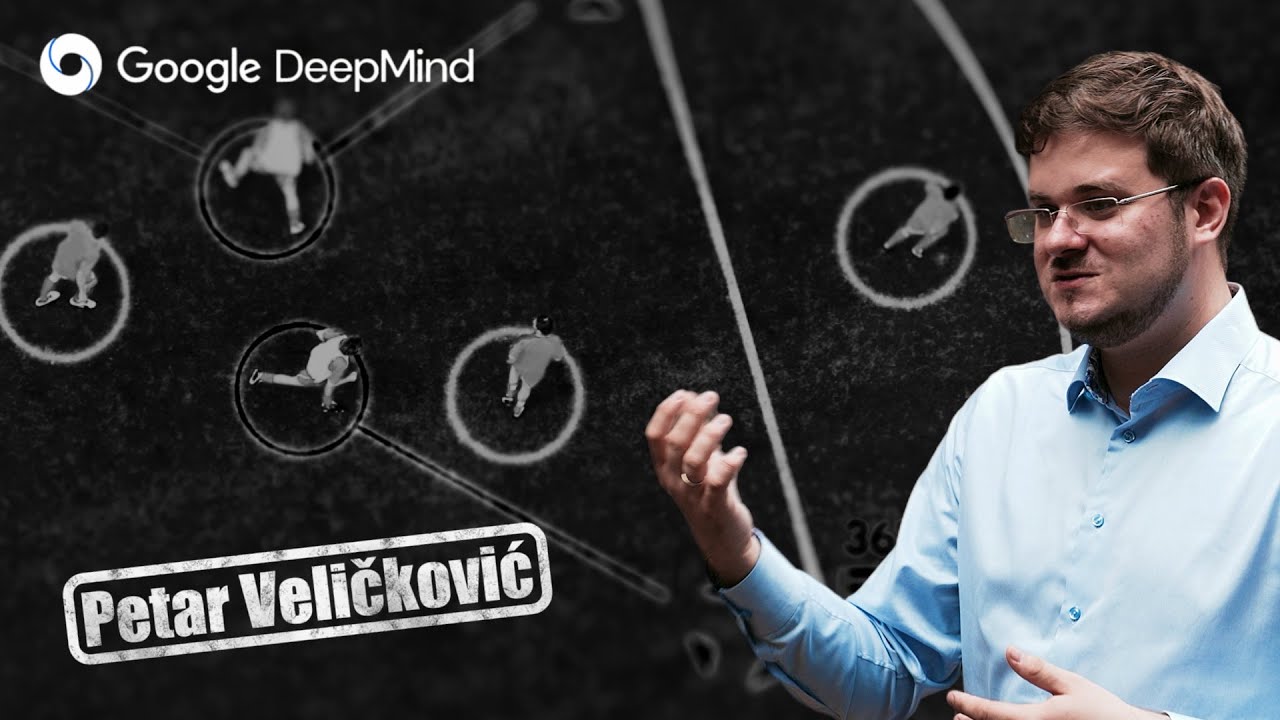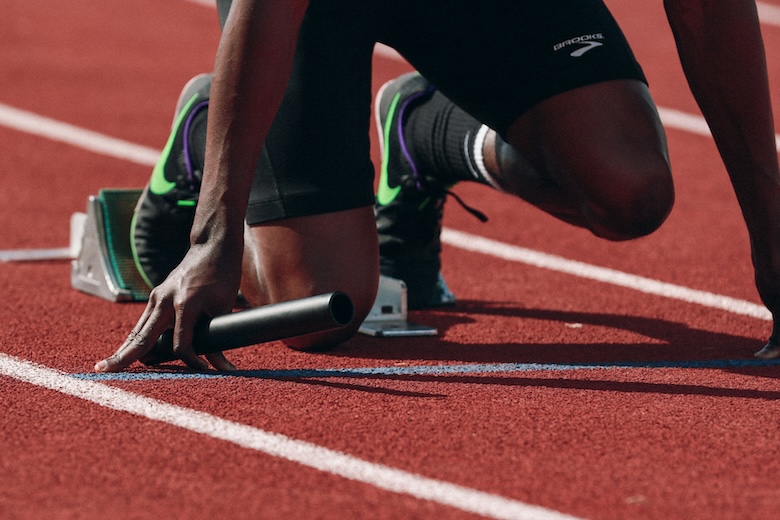Why should you watch this video?
Discover how AI technology is set to revolutionize the sports industry by 2030, with a projected market value of over $19 billion, enhancing athlete training, performance analysis, and game integrity.
Key Points:
- The sports industry’s investment in AI technology is booming, with professional teams leading the charge to gain competitive advantages through even marginal performance improvements.
- AI in sports is not just for the elite; advancements are making personalized training and performance analysis accessible to amateur athletes through simple tools like smartphones.
- Companies like V7 and Swing Vision are at the forefront of applying AI to sports, offering capabilities such as real-time performance stats, automated highlight reels, and precise line calling in tennis.
- The potential for AI to improve fairness and decision-making in sports games is immense, with technology like Swing Vision’s line-calling feature demonstrating how AI can resolve disputes and enhance the integrity of competitions.
Broader Context:
The integration of AI in sports is transforming how athletes train, compete, and improve. From elite professionals to weekend warriors, the availability of advanced analytics and performance feedback is democratizing high-level training and strategic insights. As AI technology continues to evolve, its impact on sports could lead to more equitable competition, improved player development, and a deeper understanding of the nuances of physical performance.
Q&A
- How is AI technology benefiting professional athletes?
- Professional athletes use AI for detailed training analysis, identifying strengths and areas for improvement compared to teammates, and optimizing performance over time.
- Professional athletes use AI for detailed training analysis, identifying strengths and areas for improvement compared to teammates, and optimizing performance over time.
- Can amateur athletes benefit from AI in sports?
- Yes, with simple tools like smartphones and apps such as Swing Vision, amateurs can access professional-level performance stats, highlight reels, and even line-calling features for training and competitive play.
- Yes, with simple tools like smartphones and apps such as Swing Vision, amateurs can access professional-level performance stats, highlight reels, and even line-calling features for training and competitive play.
- What sports could see the next wave of AI integration?
- Beyond tennis, sports like pickleball, volleyball, and baseball are potential candidates for AI technology adoption, enhancing gameplay and officiating accuracy.
- Beyond tennis, sports like pickleball, volleyball, and baseball are potential candidates for AI technology adoption, enhancing gameplay and officiating accuracy.
- What are the broader implications of AI in sports?
- AI promises to level the playing field in officiating, improve access to elite training methods, and possibly change the way games are played and enjoyed by fans worldwide.
Deep Dive
AI’s role in sports goes beyond analytics, opening the door to innovations that could redefine competition integrity and spectator experience. With AI-driven line-calling technology, like that developed by Swing Vision, sports at every level can benefit from more accurate officiating, reducing human error and ensuring fair play. This technological leap has the potential to make high-quality officiating accessible to all, fundamentally changing the dynamics of amateur and semi-professional sports.
Future Scenarios and Predictions
As AI becomes increasingly integrated into sports, future scenarios may include AI coaches providing personalized training programs, AI referees officiating at major tournaments, and virtual reality simulations for strategy development. The data-driven insights generated by AI could lead to new sports science discoveries, optimizing athlete health, performance, and longevity. With the sports AI market continuing to expand, the next decade will likely witness profound changes in how sports are played, watched, and analyzed.
Inspiration Sparks
Imagine a future where AI-powered analytics help uncover the next generation of sports talent from unlikely places, breaking down barriers to entry and discovering hidden gems based on data-driven potential rather than traditional scouting methods. This could democratize sports talent identification, giving rise to stars from underrepresented communities and reshaping the global sports landscape.
What Could Go Wrong?
While AI’s integration into sports offers numerous benefits, potential pitfalls loom. Reliance on AI for performance analysis and decision-making could lead to data privacy concerns, with athletes’ biometric and performance data at risk of misuse. Additionally, AI’s interpretation errors could unfairly impact game outcomes or athlete evaluations. Overdependence on technology might also diminish the human elements of sports, such as intuition and spontaneous creativity. Balancing AI’s advantages with ethical considerations and safeguarding the core values of sports will be crucial as this technology advances.



